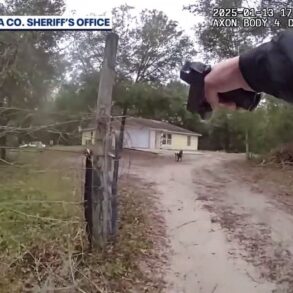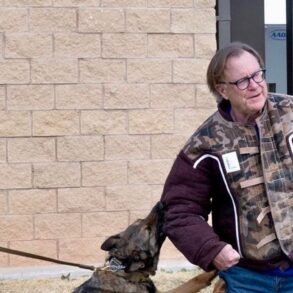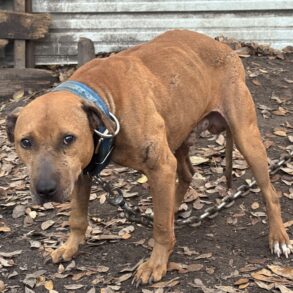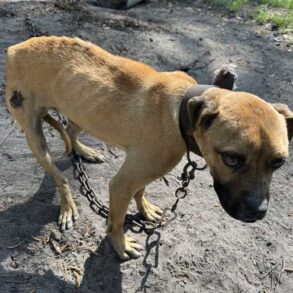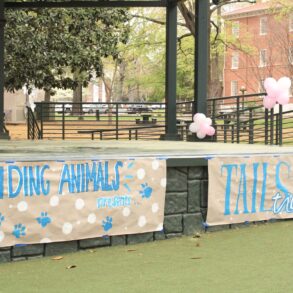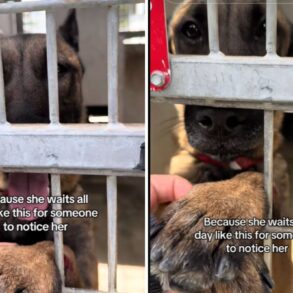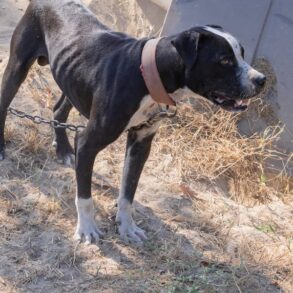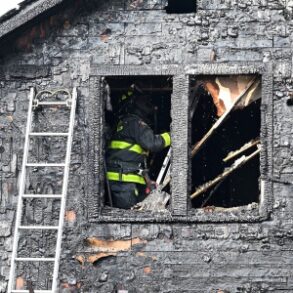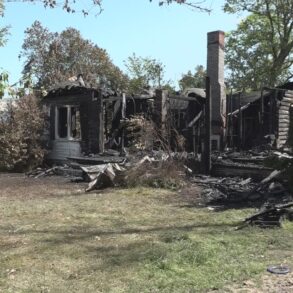After temporarily closing the city’s two animal shelters in response to a viral outbreak of a deadly canine disease at the end of March, Fort Worth Animal Care & Control is cautiously taking the first step toward resuming normal operations.
The city announced the shelter closures March 27, citing its need to contain and mitigate the spread of the highly contagious, incurable and airborne canine distemper virus. Since then, the shelters have been on lockdown, not allowing the intake or release of any dogs.
Starting April 7, shelter staff resumed releasing dogs to the city’s animal rescue partners, which coordinate with the city to place animals from the shelters into rescue organizations for adoption and foster opportunities.
For now, Fort Worth shelters will only release dogs that are considered low risk. To meet that criteria, the dogs must:
- have tested negative for canine distemper virus at least once since the outbreak;
- have been in the city’s care for at least 21 days;
- have been vaccinated against the virus at least twice;
- and have been examined and cleared for release by the shelters’ veterinary staff.
Brenda Matute, communications coordinator for the code compliance department, which oversees animal care, said the shelters are still closed to the public, and they’re not intaking new animals yet. As of April 7, there is no timeline for reopening.
“It’s still in the air,” Matute said. “When we do reopen, we’re gonna open one shelter first, because … we don’t want to flood the shelter and then risk anything spreading.”
What is canine distemper virus?
Canine distemper is a highly contagious, serious disease that attacks dogs’ respiratory, gastrointestinal and nervous systems, according to the American Veterinary Medical Association.
The virus attacks the cells of a dog’s immune system, weakening its immune response and putting it at higher risk of other infections. Symptoms may include discharge from the eyes and nose, fever, coughing, lethargy, reduced appetite, vomiting and diarrhea.
Canine distemper is an airborne virus, and dogs typically become infected through contact with an infected dog’s respiratory secretions, saliva or urine. Once infected, dogs may be contagious for several months.
All dogs are at risk, but puppies younger than four months are particularly vulnerable to the virus. A vaccine is available and typically included in annual combination vaccine packages. More information on canine distemper is available here.
Since the initial closure announcement, shelter staff have euthanized two more dogs who tested positive for the virus, bringing the total count to 19. A total of 25 dogs have tested positive, Matute said.
“That’s a really tough decision that our vets are having to make — either try to save one animal and risk it spreading to 10 or euthanize that animal humanely to save the other animals in that kennel,” Matute previously told the Report. “With so many animals in such close quarters, that’s just a really tough decision to make, to place one dog’s life over hundreds of others.”
She said the shelters tested about 750 animals as of April 3 but is waiting on more test results. Once those results come back, staff will continue monitoring the shelters’ dog population for at least a week before reopening.
The city has two animal shelters: the North Animal Campus at 351 Hillshire Drive in Haslet and the Chuck & Brenda Silcox Animal Care & Adoption Center at 4900 Martin Street in southeast Fort Worth.
This week, shelter staff will start contacting individuals who had adoptions pending the day of or the day after shelters closed, Matute said. Once contacted, those individuals will be able to schedule an appointment to pick up the animals they were approved to adopt.
The shelters have also resumed transferring low-risk dogs to the city’s PetSmart adoption centers. Otherwise, the shelters are not yet releasing dogs for adoption or foster opportunities.
The distemper outbreak, and resulting euthanizations, come on the heels of increased scrutiny surrounding the shelters’ euthanization rate. In early March, a group of animal rights activists stood outside City Hall to protest the number of animals, particularly dogs, being euthanized in Fort Worth animal shelters — some of which they claim are euthanized without just cause.
In January, the city recorded its highest live release rate, 89.42%, in about three years. A shelter’s live release rate measures the percentage of dogs that leave the shelter alive through adoption and foster. The remaining percentage of the population is euthanized, usually to accommodate the shelter’s capacity or because the dogs have behavioral or health issues, according to shelter staff.
Fort Worth’s live release rate dipped back down to 88.05% in February and 88.73% in March, according to publicly available data from the code compliance department. Shelters are considered “no-kill” shelters when they reach a live release rate of 90%.
Until Fort Worth shelters fully resume adoption and foster opportunities, residents are encouraged to temporarily home stray dogs, when possible and if safe. City guidance on how to do so, as well as how to report stray animals, is available here.
Cecilia Lenzen is a government accountability reporter for the Fort Worth Report. Contact her at cecilia.lenzen@fortworthreport.org.
At the Fort Worth Report, news decisions are made independently of our board members and financial supporters. Read more about our editorial independence policy here.
This post was originally published on this site be sure to check out more of their content.


